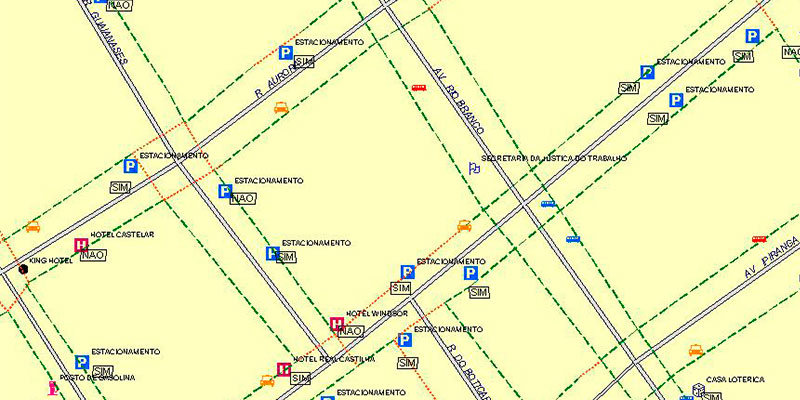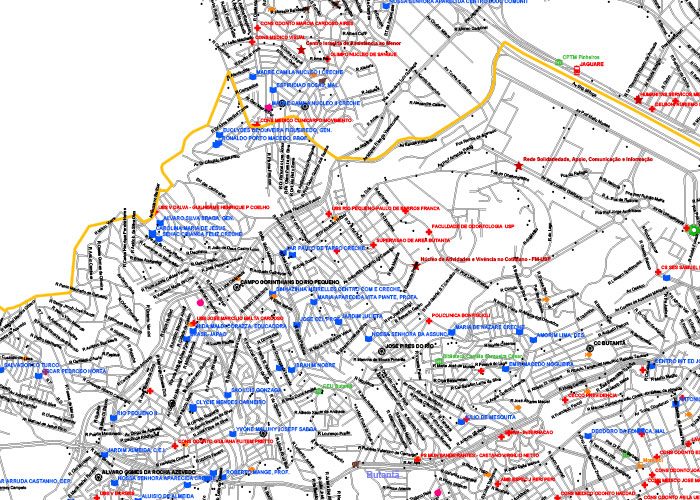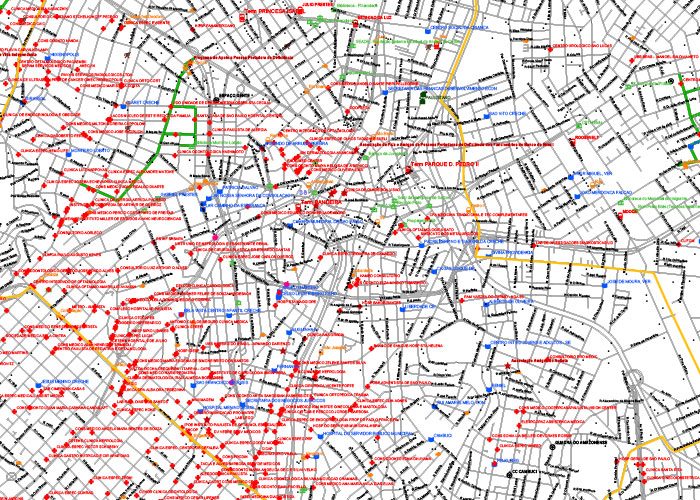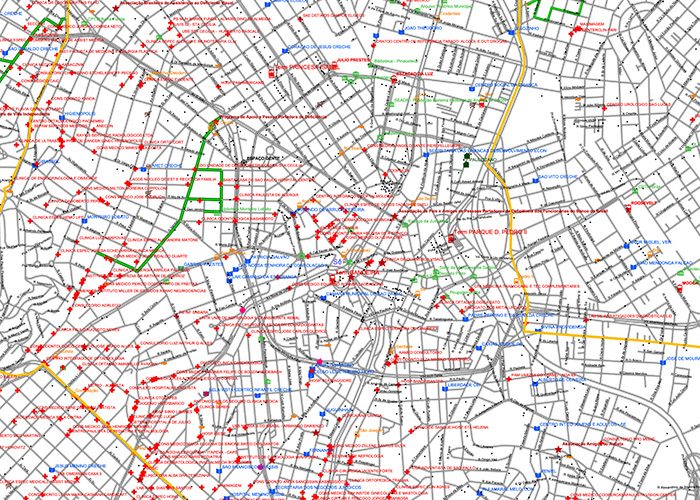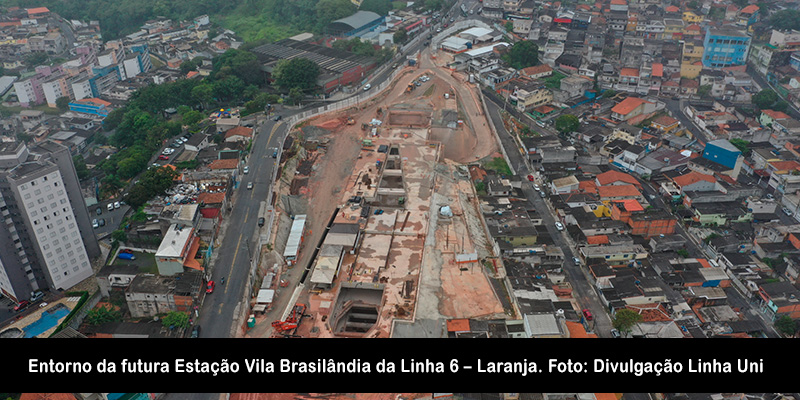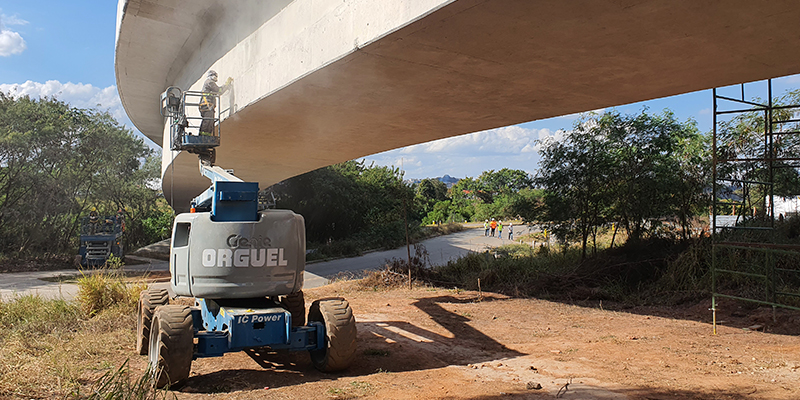Urban accessibility and accessible routes
Urban accessibility is a fundamental issue for the democratization of the right to come and go in cities. This is a set of measures aimed at ensuring that all people, regardless of their physical conditions, have equal opportunities to use public and private spaces autonomously and safely. Although it is a right guaranteed by law, much progress still needs to be made in its effective implementation.
An accessible project encompasses several aspects that are essential to ensure the inclusion and mobility of all. One of the key points is the adaptation of urban infrastructure, including sidewalks, public roads, squares and buildings, to make them accessible to people with reduced mobility, such as the elderly, people with physical disabilities or people with strollers. This includes removing architectural barriers, creating access ramps, installing handrails and adapting elevators.
Rotas Acessíveis
With the aim of creating an even more integrated city, projects such as Rotas Acessíveis were born. The proposal is to create routes based on the need to travel between public transport stations and points of interest for people with disabilities or reduced mobility. Examples of these points would be: hospitals, public services, schools, colleges, malls, theaters, parks, among others.
In São Paulo, the Rotas Acessíveis pilot project included 6 routes: Vila Clementino, Barra Funda, Marechal Deodoro, Ipiranga, Linha Azul and Centro and are currently present in the 2021-2024 Plan of Goals of the City of São Paulo. They also gained space in the Vida Segura Plan, established by Decree 58717/2019, with projects that must be based on accessibility standards.

